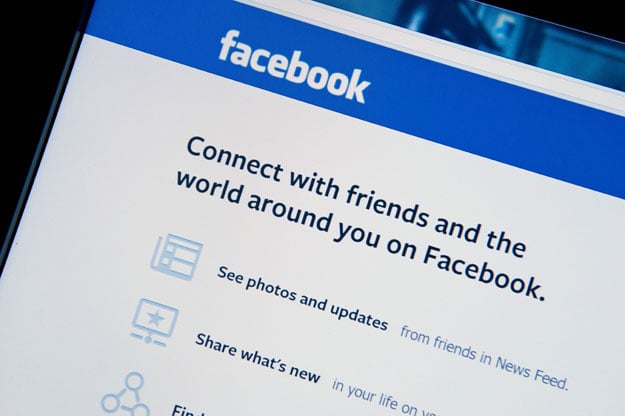
In its latest bi-annual transparency report on requests made by governments to the social networking site released on Monday, Facebook said that it had received requests for blocking content from Pakistan's National Response Centre for Cyber Crimes under local laws prohibiting blasphemy.
This, however, was down from the massive 1,773 pieces of content blocked in Pakistan by the social networking site in the first half of 2014 following requests made by the Pakistan Telecommunication Authority and the Ministry of Information Technology to block content for blasphemy and criticism of the state.
Between July-December in 2013, Facebook had blocked 163 pieces of content to users accessing from Pakistan.
On the other end, Pakistan made just 100 requests for user data for 152 accounts between July-December 2014. Facebook explained that they respond to valid requests relating to criminal cases, and provide data after each and every request is checked for legal sufficiency, rejecting or seeking greater specificity on requests that are overly broad or vague. In this context, the social network said it had provided data in response to 42% of requests made.
In contrast, Pakistan had made 126 requests for data on 163 accounts during the same period in 2013. Then, Facebook had complied with 47.62% of requests.
In the first half of 2014, the government had made 116 requests for data on 160 accounts. Of these, Facebook complied with on 35.34% of requests.
Slight uptick in global govt requests for data on users
Facebook's transparency data for the second half of 2014 showed a modest uptick in requests from governments for userta to 35,051 from 34,946 in the prior period.
"There was an increase in data requests from certain governments such as India, and decline in requests from countries such as the United States and Germany," the blog post said.
The amount of content restricted for violating local law increased by 11 per cent to 9,707 cases from 8,774, with India leading the way where 5,832 pieces of content were restricted following requests. Turkey came in second with 3,624.
"We saw a rise in content restriction requests from countries like Turkey and Russia, and declines in places like Pakistan," Facebook said.
Facebook's head of Global Policy Management Monika Bickert said that they “will continue to scrutinize each government request and push back when we find deficiencies. We will also continue to push governments around the world to reform their surveillance practices in a way that maintains the safety and security of their people while ensuring their rights and freedoms are protected.”

















COMMENTS (1)
Comments are moderated and generally will be posted if they are on-topic and not abusive.
For more information, please see our Comments FAQ